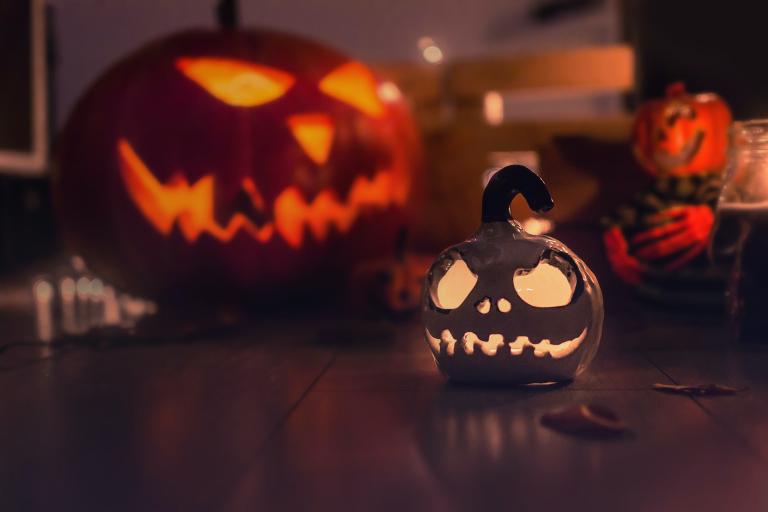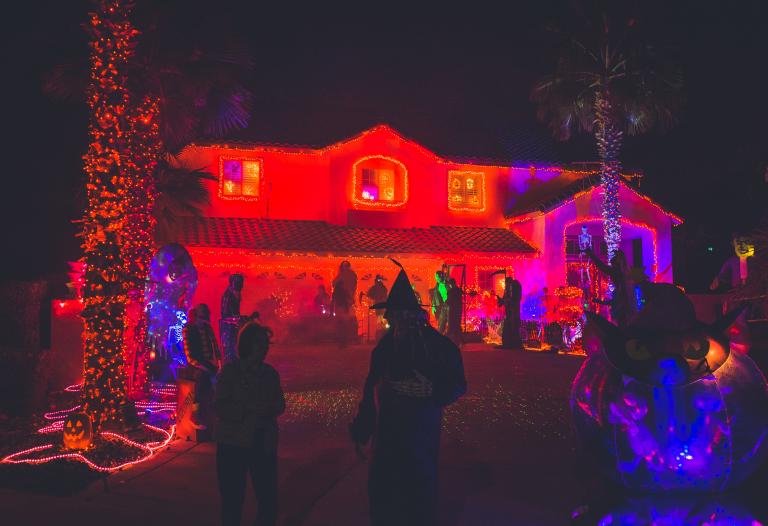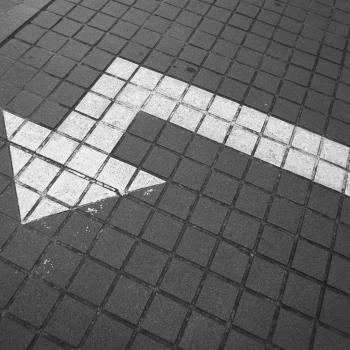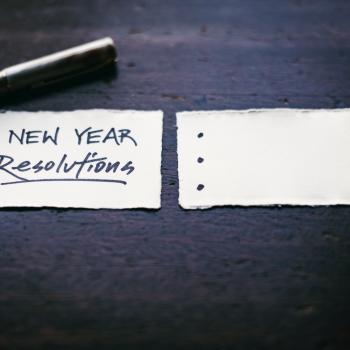We’d all love fear to be as playful as it is on Halloween. Of course, it isn’t.
Our society has this strange obsession with fear. Horror movies, Stephen King, Halloween itself. There is something intriguing about the experience of fright. We are drawn to it in very small doses, portions in which our safety is firmly established – roller coaster rides, haunted houses, Wes Craven films from our couch. When our safety comes into question, it is not so fun anymore. It tips pretty dramatically.

One of the reasons people like the mild form of fear is because it makes you feel alive. It awakens you. It is a jolt, an attention grabber – something that lets you know you are living life and it is preciously fragile.
But what do we do when the fear is gone? Those small doses that might be better described as “thrill” or “uncertainty” come and go every day of our lives. How do they truly affect us and what do we do when the fear subsides?
Enacting A Choice
If you have ever watched a scary movie, you have likely muttered something along the lines of, “don’t run that way, you idiot, you’re going to get yourself killed.” Horror movie victims are famously running upstairs towards creaky attics and darkened closets rather than out the front door toward well-lit streets and comforting neighbors.
The interesting thing about this is that we recognize the vitality of choices when we are experiencing fear. Those characters are making decisions, which way to go, how loud to yell, etc. that seem small but could very well get them into serious trouble. Or set them free.
The whole thing highlights the reality of every moment of the human experience. The value of our choices. The struggle to make the right ones and the concern for the consequences of (proverbially) running upstairs rather than out the front door.
Now What?
So all of this is very interesting and, in some ways, is what we “celebrate” on Halloween.

But the greater impact for our lives concerns what we do after the fear subsides. We have all likely been in a frightening situation where we promised the world if we got out of it. We swear (to God or ourselves) we will reform our ways, change our habits, recommit ourselves…if we can just survive this. When we are scared, our survival instincts kick in and we make snap decisions to desperately keep us alive (or out of harm’s way).
But safety is a funny thing. As soon as we feel comfortable, we start to sink into it. Comfort is a bizarre sort of quicksand. We often find ourselves back in a similar kind of danger as we were before because we did not make the changes we had sworn to.
If our fear helps make us aware of our choices, does our awareness fade when the fright does? If often seems so.
How do we keep a sense of awareness without requiring terror? That may sound flippant but some people live that way. They need drama, to blow things out of proportion, to create a sense of tension that scares them into life. How often have you said or thought “this is a matter of life and death”, when it really (strictly speaking) wasn’t?
We have got to learn how to be intentional, see the value, and manage our choices without the need of fear-inducing circumstances. We need to find a way to see the importance of life after the fear is gone.












